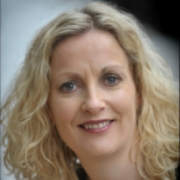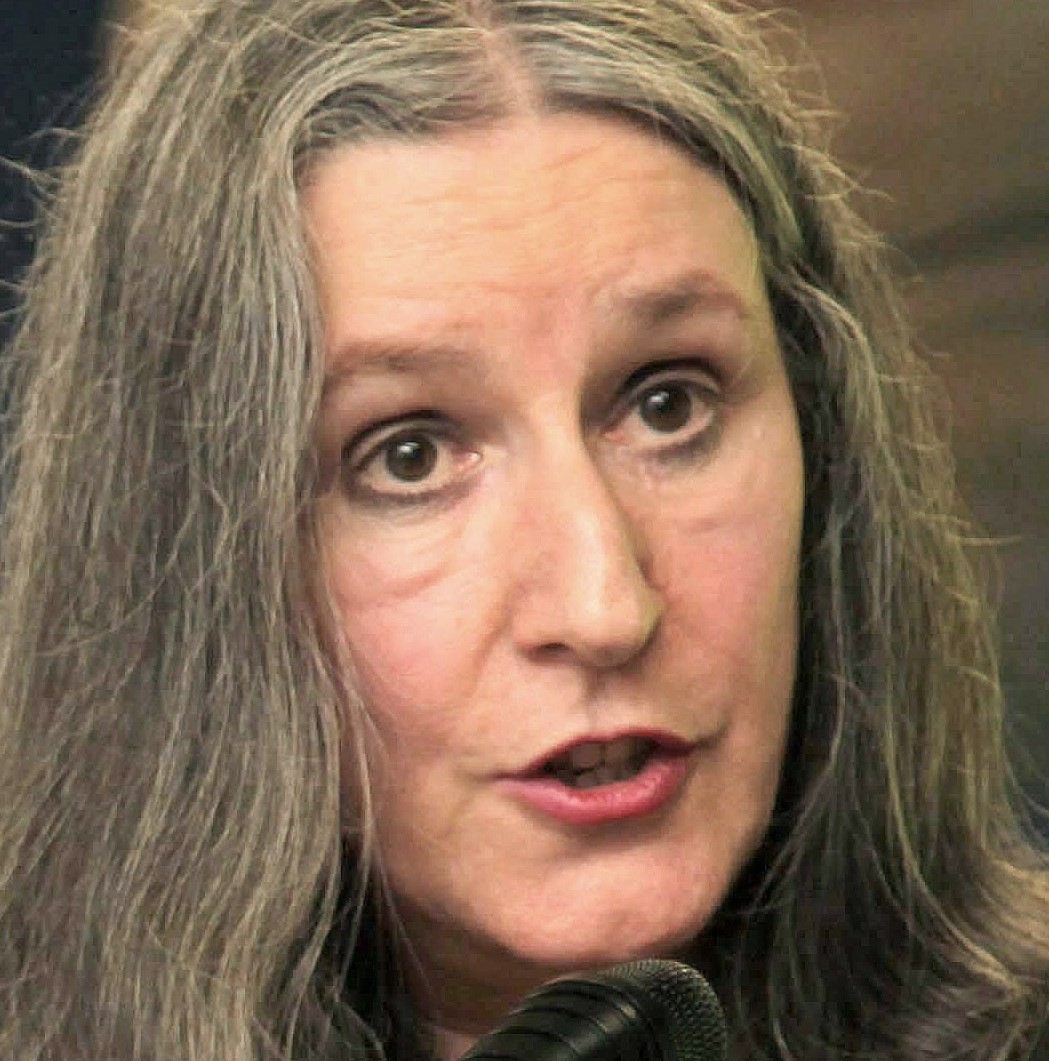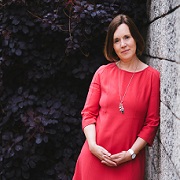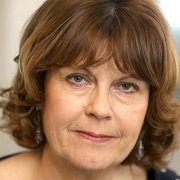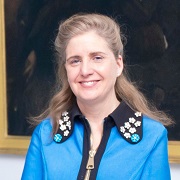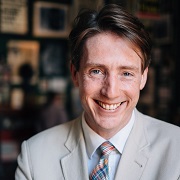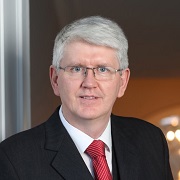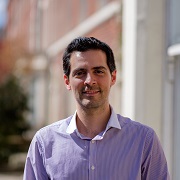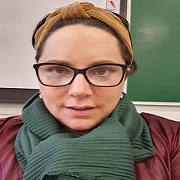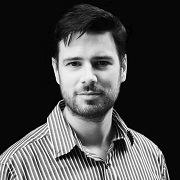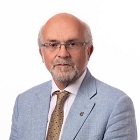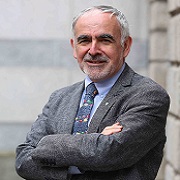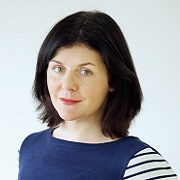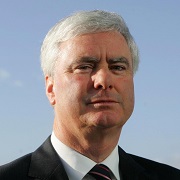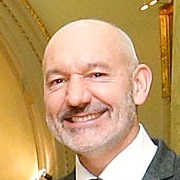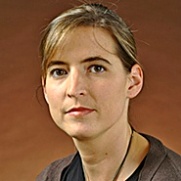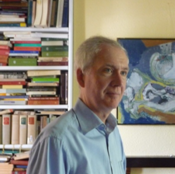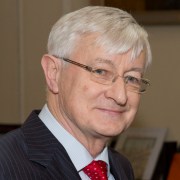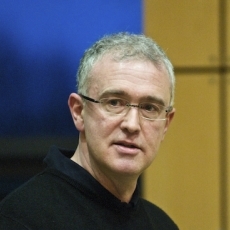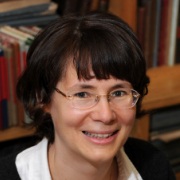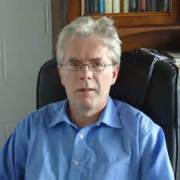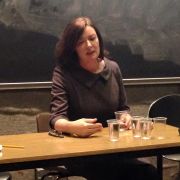There may be knowledge without the humanities, but there cannot be understanding. Understanding the human condition and its expression requires intellectual context and emotional connection. The liberal arts, and art itself, are the context that tell us who we are, allowing us comprehend our condition. It is these disciplines that prepare us for life, that let us process information into understanding. Without them, we are deficient, denuded of the true meaning of things. Our intellectual horizon is limited, and so too is our emotional range.
From the first nursery rhyme we remember, to tales told of our own family history, we are engaging with the humanities and enriched by them. Art, history, language, all informally and intellectually form us, and increase our capacity. The qualities that make us truly human, our intellect and our emotion, are roots that flourish when nourished in the humanities.
The Arts Council is many things and one of them is a buttress for the humanities. This is the age of technological revolution. We are now only at the beginning of something enormous, the full consequences of which we have yet to realise. Our age is the time when first science and technology were juxtaposed in opposition to the humanities. Then the further rapid advance of technology itself, is enunciated as a universal language which if truly understood, will bring us new understanding, simply of itself.
Science and technology are delivering astonishing change. Like the invention of printing and the steam engine before, they are changing the contours and patterns of life, and profoundly influencing culture, which is precisely the reason why the juxtaposition between technology and the humanities is a fundamentally false one. The humanities are the basis of all education. All invention is a mechanism by which knowledge can be accessed and absorbed. The engine, however, changes our patterns of life, and culture changes to accommodate accordingly, is never the object of the journey. It is the vehicle we use to get there.
It is an irony of our era that science, once the redoubt of disturbing questions, having arrived recently at new certainties, is often a source of dogma. The humanities and especially art, are subversive. In enabling us to think for ourselves, they are a check on authority, and a spur for further invention.
It is music, poetry and dance that are a soul for science. Life is never fully experienced through the visor of a computer screen. It is as people, palpably connected with others, that we truly live. We live better when our minds alive with ideas, and our imaginations on-song with art, lead us in disparate, unpredictable ways. We are intellectual and emotional. Our reason and our senses are only fully satisfied when animated together. In art, the concert of the senses, we achieve ultimate understanding. Science and art are not opposites. They are shared expressions of imagination. It is the humanities that teach us to remember this, and allow us synthesise and understand these manifold, but not disparate things.


